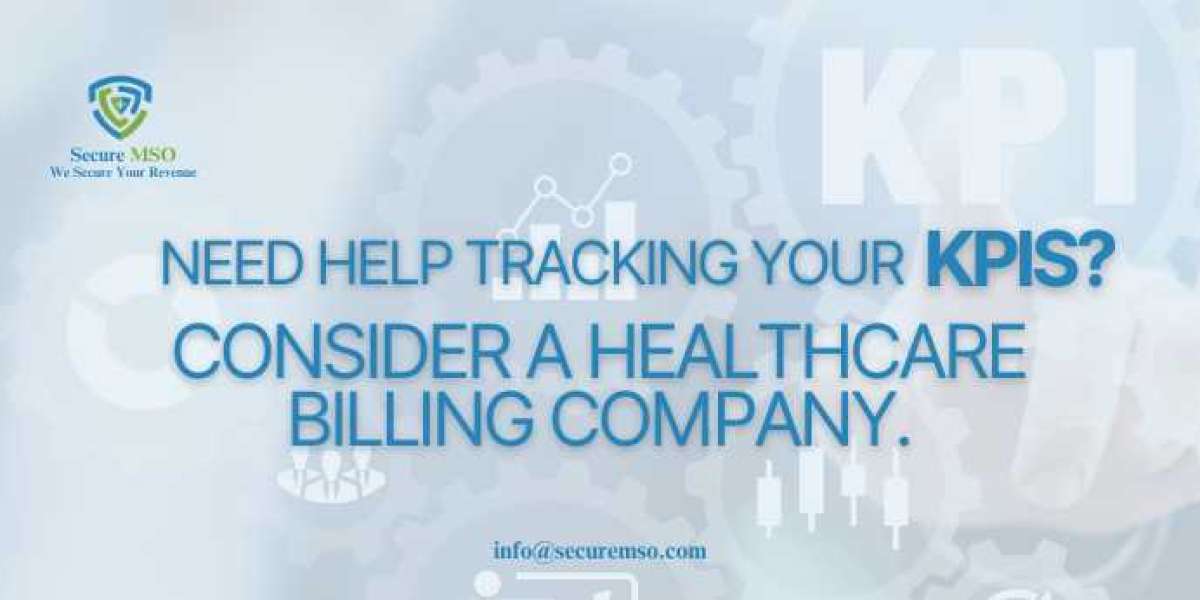Understanding KPIs in Healthcare
KPIs or Key Performance Indicators are a set of measurable values that show how effectively an organization is achieving its business goals. In the healthcare industry, KPIs can vary from patient satisfaction to financial metrics such as revenue cycle efficiency. KPIs play a significant role in measuring the economic health and success of a healthcare practice.
For medical practices, several KPIs are commonly used to monitor their performance. One of the most critical KPIs is the Claims Denial Rate. This metric measures the percentage of claims that are denied by insurance companies. A high denial rate indicates issues with billing or coding, which can lead to lost revenue and financial uncertainty. Therefore, medical practices need to keep their claims denial rate as low as possible.
Another important KPI is the Days in Accounts Receivable. This metric measures the average number of days it takes to collect payments after a service has been provided. A high number of days in accounts receivable can indicate issues with collections, which can lead to cash flow problems and financial instability.
The First-Pass Clean Claims Rate is another important KPI for medical practices. This metric measures the percentage of claims that are approved on the first submission. A higher rate indicates more accurate medical billing and coding, which can lead to faster payment and improved cash flow.
Revenue Cycle Time is another important KPI for medical practices. This metric measures the time it takes for a service to be paid for. Shorter cycles are better for cash flow, and medical practices should try for the shortest possible revenue cycle time.
Finally, Patient Satisfaction Scores are critical KPIs for medical practices. These scores measure patient satisfaction with services and the overall experience. Higher scores indicate better patient engagement, improved clinical outcomes, and increased revenue.
In conclusion, healthcare providers must have a robust system and skilled personnel to track KPIs, monitor their performance, and identify areas for improvement. Read More...








